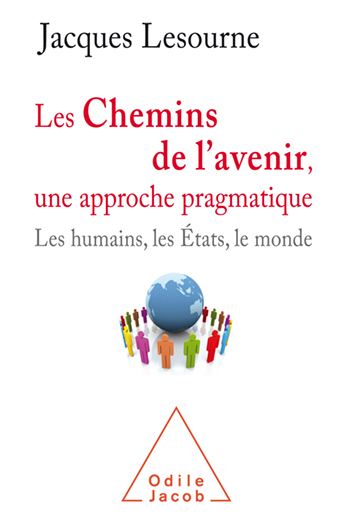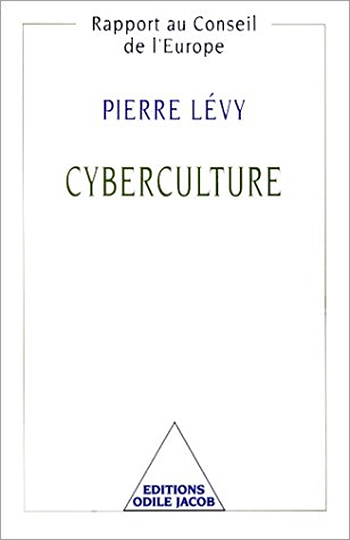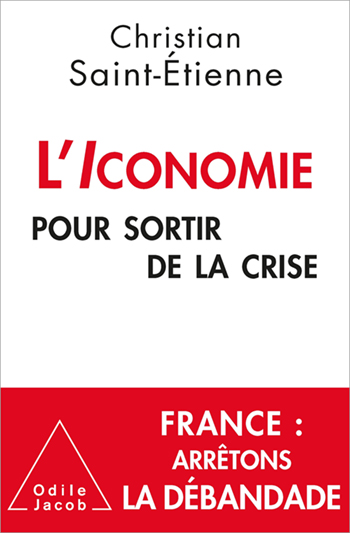Results for the keyword technology

Jacques Lesourne
A Pragmatic Approach to the Way of the Future How can we innovate and bring about change in society?
The originality of the author’s method, i.e. drawing the outlines of the world of tomorrow, and based on this futurist perspective, defining the changes that need to be made.

Pierre Lévy
Cyberculture
What is cyberculture? What are the social and cultural implications behind this technical phenomenon? Could it be held responsible for altering our relationship to knowledge? These are some of the questions addressed in Cyberculture, which covers such aspects of new technology as numerisation, navigation, memory, programming, software, virtual reality, multimedia, interactivity, and electronic mail. Written for the non-power user, this is a clear, complete and highly accessible presentation of new technologies, their uses and future stakes. Pierre Lévy is a philosopher who teaches at the University of Paris-VIII, in the hypermedia department.

Gilles Mentré
Democracy For a Redistribution of Power
Gilles Mentré is a man whose ambition is as great as his innovative ideas. He has a strong personality, a network, and a strength of conviction that will ensure a strong promotional campaign.

Christian Stoffaës
Ends of Worlds
An economic pulse sustains life in the modern world. C. Stoffaës investigates the highs of economic boom and the lows of paralyzing depression. He presents an historical survey of our dominant technological and mental structures from Keynes to Schumpeter, from the steam engine to the microchip, from the American golden age to the new Pacific prosperity.

Christian Saint-Étienne
The iConomic Revolution France Faces the Third Industrial Revolution
Following the success of France: Etat d’urgence, a new polemical work on the state of the French economy, by Christian Saint-Etienne

Jacques Blamont
Introduction au siècle des menaces
Although the confrontation between rich and poor is universal, it can be heightened by various factors. According to Jacques Blamont, the widening technological gap between the poor and rich nations is one such aggravating factor. The revolution in information technology has been largely responsible, because it has helped to concentrate more and more power and wealth in the hands of the few - particularly in the United States. Blamont lists various potentially threatening situations that are converging to create an explosion such as the world has never seen before. These include: the demographic growth of the very poor, the ageing population in the developed countries, new climatic risks that are endangering the environment, the spread of new epidemics as a result of globalisation, and the limited effects of the military strategies adopted by the most powerful nations. Step by step, the author deconstructs the hellish machine that our children will inherit from us - because we put too much faith in technological progress. Jacques Blamont is a member of the French Academy of Science and a professor at the University of Paris-VI. He is one of the fathers of the French space programme and was formerly the scientific director of the CNES. He is most notably the author of Vénus dévoilée and Le Chiffre et le Songe.

Philippe Pédrot
Judging What Cannot Be Decided The Body Seized by the Law
This is a careful study of the cataclysm that biomedical technology has wreaked on procreation, gestation, life and death.

